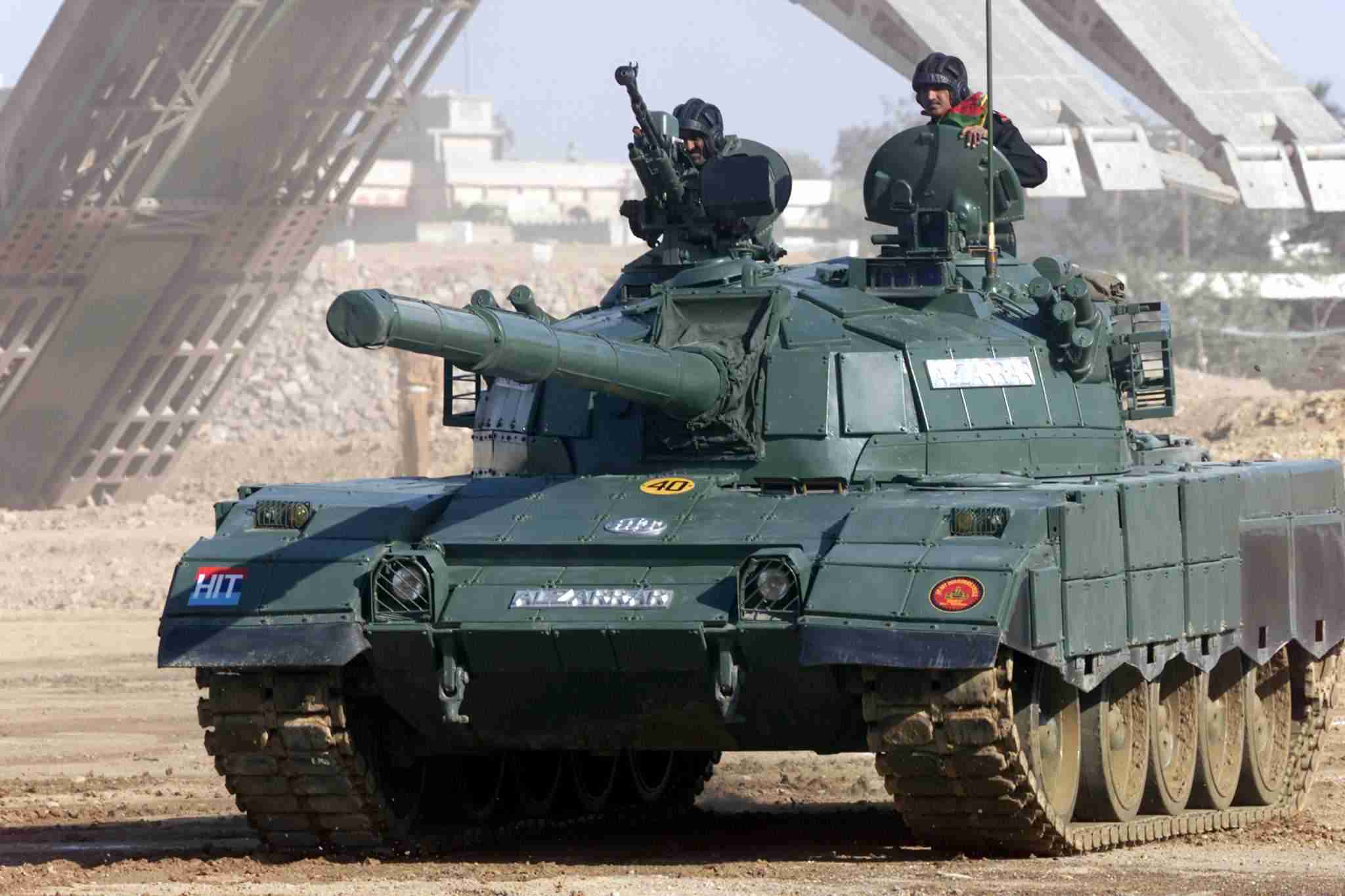Why Pakistan Still Matters
 This week, the U.S. government agreed to offer Pakistan $1.6 billion in military and economic aid, a surprising move if one looks at the latter’s record at fighting against terrorism and often inconsistent attempts at countering the phenomenon. Aid had been temporarily stopped after the American special operations mission that killed Osama bin Laden. There are several instances where Pakistan’s has been questioned as to whether it is actually reliable in the anti-terrorism struggle.
This week, the U.S. government agreed to offer Pakistan $1.6 billion in military and economic aid, a surprising move if one looks at the latter’s record at fighting against terrorism and often inconsistent attempts at countering the phenomenon. Aid had been temporarily stopped after the American special operations mission that killed Osama bin Laden. There are several instances where Pakistan’s has been questioned as to whether it is actually reliable in the anti-terrorism struggle.
To illustrate, there is much speculation that Pakistan’s Inter-Services Intelligence Agency (ISI) covertly supports terrorist groups including Lashkar-e-Taiba, the network notoriously known for instigating the 2008 Mumbai attacks though banned six years earlier. In addition, the Pakistan Army gives tacit support to an umbrella of organizations in the conflict against rival India in Kashmir, a hotly contested region for its water supply.
This year marks the twelfth anniversary of the U.S.-Pakistan partnership. During this time, the alliance has been periodically disturbed by a plethora of problems ranging from the use of drones in the tribal areas and the ongoing war in Afghanistan. Pakistan’s seemingly endless plague of corruption in the government has contributed to deepening mistrust in the populace at the direction the country is currently headed. Then to add to the list of problems, the Taliban continue to pose a domestic security threat to the rule of law in Pakistan. The Taliban have embarked to overthrow the existing political system and turn it into an Islamic state. By the end of next year, U.S. forces are expected to withdraw from Afghanistan where the Afghani Taliban is seeking to come back to power. What Pakistan really wants, despite American resistance, is that the Afghani Taliban comes back in power in Afghanistan for regional stability.
This represents a divergence in the interests facing both the U.S. and Pakistan. When the U.S. entered in Afghanistan, it adamant in removing the Taliban in power. However, for Pakistan, it was devastating. At the same time, remnants of the Taliban flourished in the tribal areas between Afghanistan and Pakistan. Ever since, these groups have actively targeting the Pakistani state.
From all these developments, one thing is certain: Pakistan is the only state even capable to promoting regional stability. Despite its political maneuvering and manipulation, Pakistan is the most important actor in the peace process. Afghanistan, both war-torn and not equipped with the tools to enforce stability, is unable to formulate any cohesive policy. India, considered a strong ally of Karzai’s Afghanistan and the largest investor in Afghanistan, still cannot meet the U.S.’s desired focus of peace and stability so desperately needed.
The U.S. and Pakistan must continue to reinforce their relationship through bilateral cooperation and trust forged at promoting peace in Afghanistan. The U.S. must help Pakistan effectively prevent the Taliban wage attacks against civilians, as this is a threat to internal security and the overall region. If attacks resume on a regular basis, the U.S. will be bereft of the main ally in the war on terrorism.
What should we think about the future? The war is approaching the end for the United States, but conflict still continues, mainly because sectarian tensions are high in the Af-Pak region. Pakistanis have lingering doubts and perceptions of the U.S. intentions through the persistent use of drone strikes. Drone attacks have created negative attitudes within the Pakistani population and should end as they have killed hundreds of lives simply to kill militants.
The U.S. must be cautious, and Pakistan must be careful about its future foreign policy direction. Afghanistan continues to be a backward and inhospitable environment. In the, Afghanis will have to have a nonaligned policy that is catered not to Pakistan, the U.S., or India but simply focused on the needs and wishes of its citizens. That might lead to the stability wanted for so long. We’ll find out soon enough.

